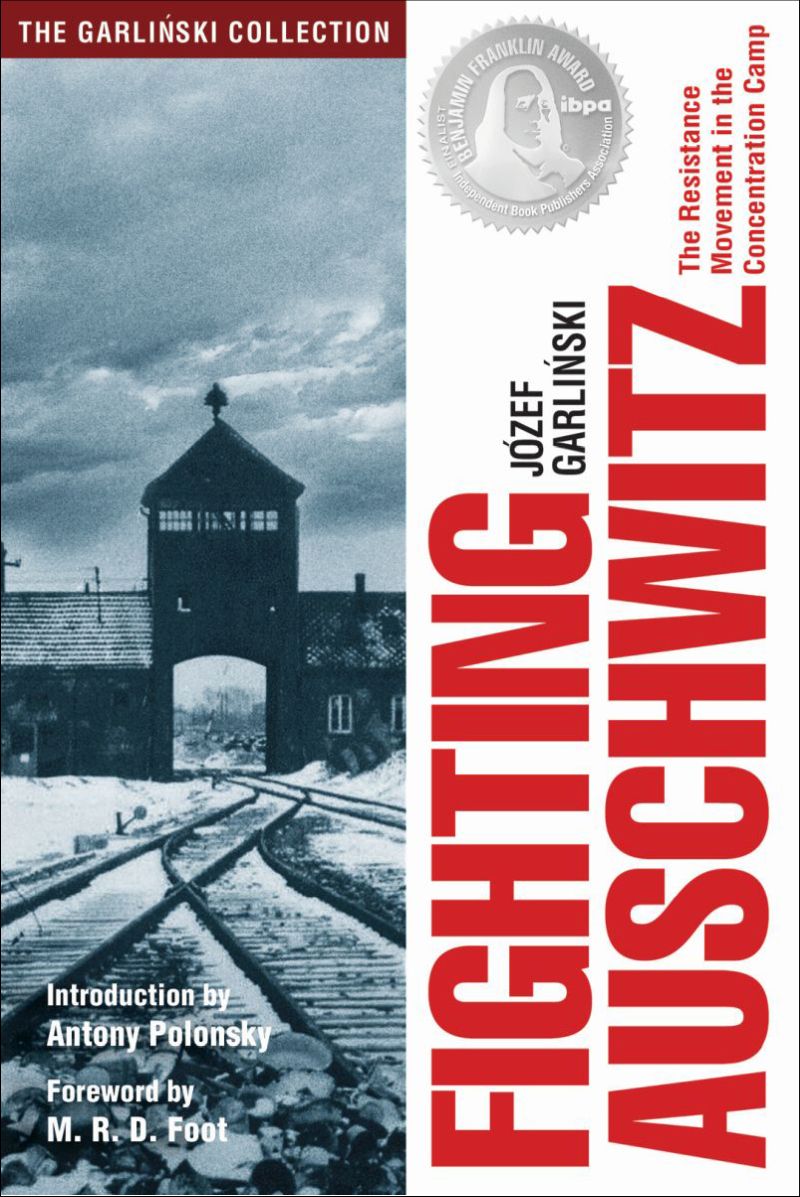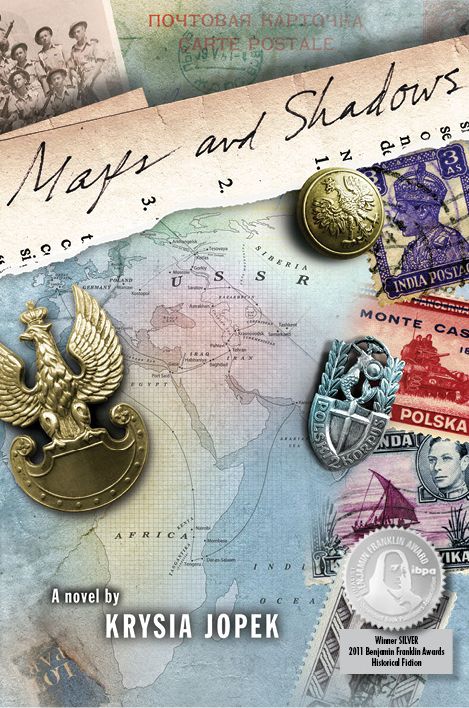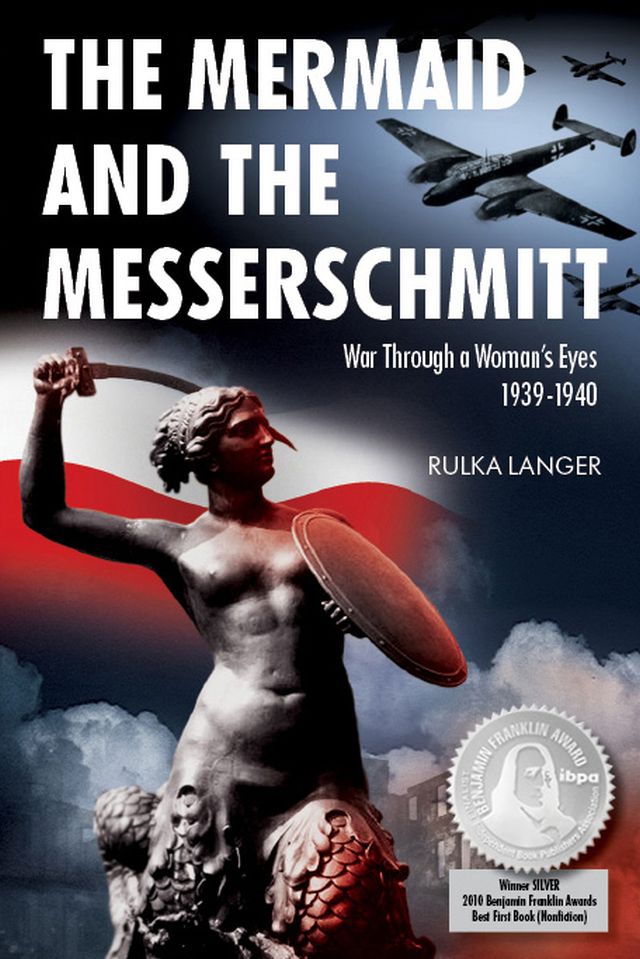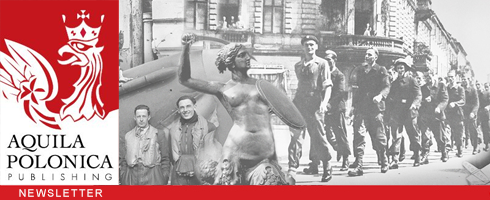June 22, 1941 – Germany Invades the Soviet Union


Code name Operation Barbarossa: on June 22, 1941, millions of German soldiers invade the Soviet Union, as Hitler turns on his erstwhile ally Stalin. The German invasion of the Soviet Union remains the largest invasion in history.
Two years earlier, in August 1939, Germany and the Soviet Union had entered into the Molotov-Ribbentrop Pact — a mutual non-aggression pact with secret provisions for the division of Central and Eastern Europe between the two countries. Having assured himself that the Soviets would not oppose him, Hitler felt confident in invading Poland, thereby beginning World War II.
Before Operation Barbarossa, even at his most cynical, Stalin believed that Hitler would not risk a war with the Soviet Union until after Britain had been conquered. The Polish Underground reported the massive German military buildup on the Soviet border to Allied leaders in London, and Britain repeatedly alerted the Soviets of the upcoming invasion. Stalin refused to believe the warnings. Consequently, the Germans achieved complete surprise during Operation Barbarossa — but also split their forces between Eastern and Western Europe.

As the Germans advanced, Stalin was desperate for Allied aid. His government even mended diplomatic ties with Poland, and approved the Sikorski-Mayski Agreement of 1941. This granted ‘amnesty’ for all Polish deportees and POWs (still alive) in the Soviet Union, with the promise that they would form an army on Soviet soil to fight Germany. Polish General Władysław Anders, newly released by the Soviets from Lubyanka Prison, was chosen to lead the future Polish Second Corps.












No comment yet, add your voice below!